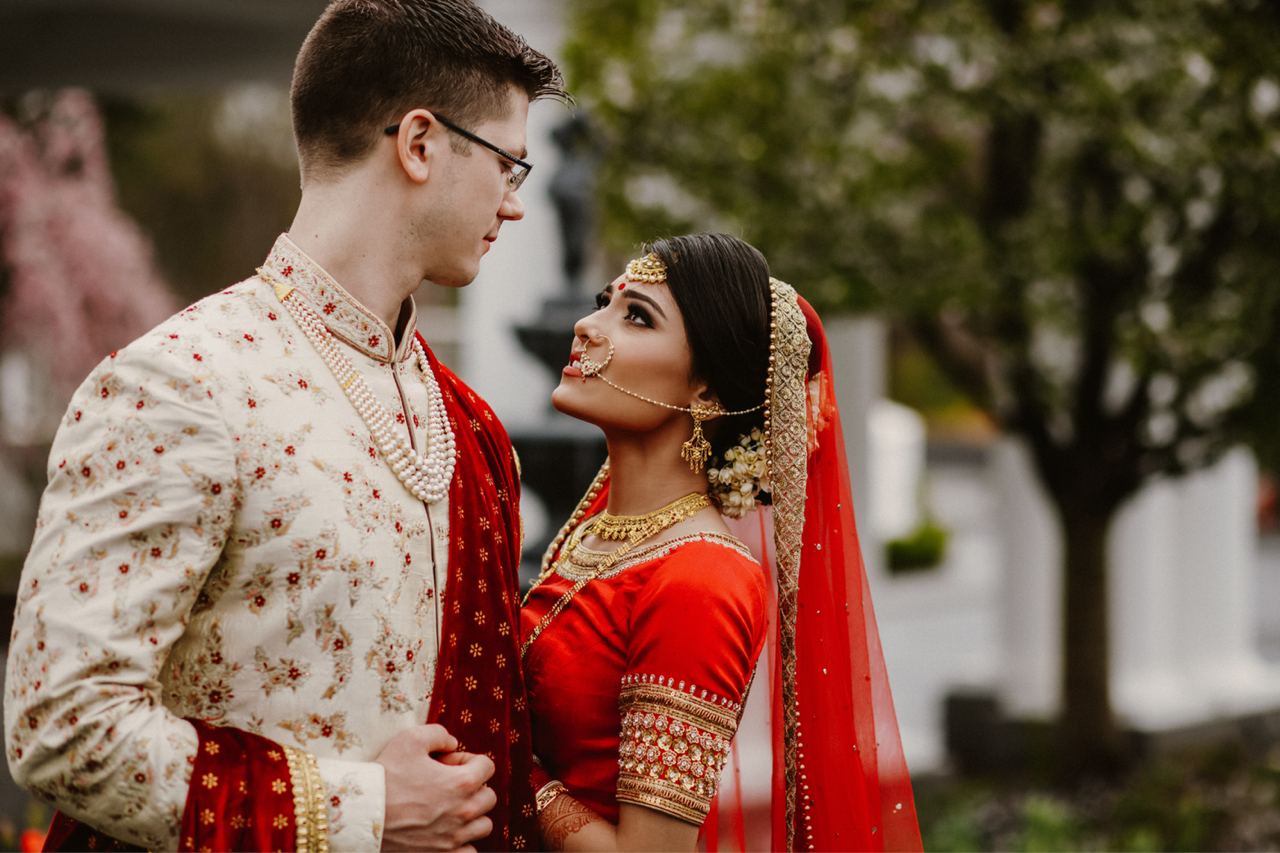
The younger generation of Indian Americans is discovering unconventional ways to find love and get married, which their immigrant parents may not have anticipated. While their parents came to America in arranged marriages, the younger generation has more choices thanks to many Indian American matrimonial sites and matchmaking sites like The Auntie Network.
Arranged American Indian weddings, which often involve family and community, are still preferred by many Indian-American youths, but they now have the choice to select their own spouse rather than having one arranged for them. Though many still prefer Indian spouses, they have a more inclusive attitude towards race. This is partly due to the growing Indian-American population in the US, which gives young Indians more options within their own community.
Though inter-cultural marriages are on the rise, such marriages bring along with them a unique set of challenges, one of which is striking a balance between individual independence and cultural expectations. The role of family plays a crucial role in this dynamic, and navigating it requires sensitivity, empathy, and clear communication.

It is crucial to understand cultural expectations, recognize the importance of independence, communicate openly and honestly, and create a strong support system. Here are some key factors to keep in mind before planning American Indian weddings that will help encourage individuality while respecting cultural expectations:
- Understanding cultural expectations: Indian culture places a strong emphasis on family values and traditions. This can include everything from seeking the approval of elders before getting married to maintaining close ties with extended family members. It is important for both partners to understand these cultural expectations and find ways to incorporate them into their married life. This may include discussing and respecting the opinions of elders, participating in family events and traditions, and maintaining close relationships with extended family members. By doing so, both partners can not only honor their cultural heritage but also strengthen their bond as a married couple.
- Recognizing the importance of independence: In American culture, individual independence and autonomy are highly valued, and people are encouraged to pursue their own goals and desires. This is in contrast to Indian cultural norms, which place a greater emphasis on collectivism and group identity. In Indian culture, the needs and desires of the family and community are often given priority over individual desires.
It’s important to recognize the potential clash between these cultural norms and find a middle ground that allows both partners to maintain their sense of self while also honoring their shared cultural heritage. This may involve compromising on certain issues or finding creative solutions that allow both partners to meet their individual needs while still being respectful of their family and cultural traditions. - Communicating openly and honestly: Successful Indian-American marriages require clear and open communication between partners, as well as with their families. This includes discussing expectations and boundaries around family involvement, as well as any potential conflicts that may arise. It’s important to be respectful and empathetic, but also firm in setting boundaries when necessary.
- Creating a support system: Building a strong support system can be key to navigating the complexities of Indian-American marriages. This can include seeking out other intercultural couples who can relate to your experiences, as well as finding mentors or counselors who can provide guidance and support.
Indian arranged marriages in America are still prevalent, but with the help of technology and Indian-American marriage websites in the USA, young Indians are finding more choices within their own community. By being transparent with each other and finding ways to incorporate family traditions into your married life, you can navigate the challenges of Indian-American marriages and build a fulfilling and lasting partnership. Ultimately, finding a partner who shares your vision and goals is crucial. By openly and honestly communicating your priorities and expectations, you can establish a foundation of trust and understanding that will help your relationship withstand the test of time
